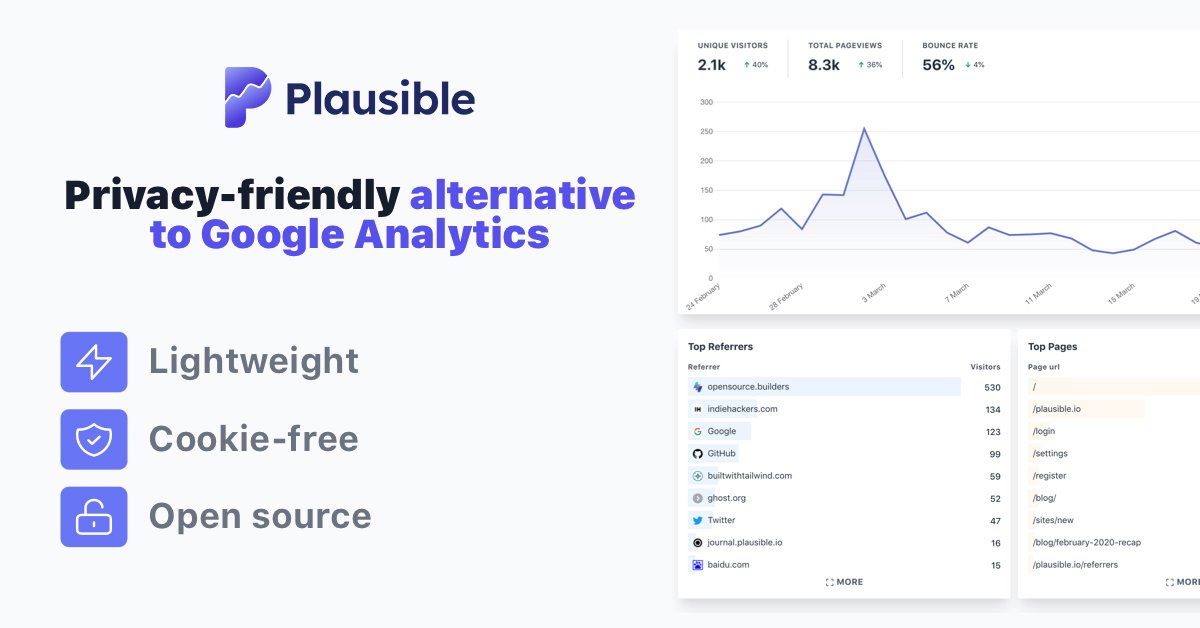Founders: Don't hide behind a 'we'

Solo founders and makers often have a dilemma: when communicating with customers, should I describe myself as I or we? It’s tempting to use a royal we, even if you’re working on a product alone:
We’re launching a new feature
We value your feedback
Our roadmap
This makes you sound bigger, more legitimate, more respectable, right?
It does, but it also sets expectations that you probably cannot fulfill as a solo founder. When people feel like your company is big, they expect speedy customer service, comprehensive documentation, a feature complete product, etc. It sets the bar really high.
Using a we also makes your brand faceless. As a maker, you actually have the luxury of putting your personality front and center of your brand. This can increase trust and set the right expectations for your customers.
I’ve found that when you make communication personal, customers are much more likely to talk to you. They’re also more forgiving about bugs and long lead times on features. After all, it’s just one guy doing it all by himself.
Personal communication in practice
I thought of this when I was writing email copy for a customer survey invitation today. It’s a transactional email that goes out to every user who has used Plausible for more than 30 days and has been active recently. After looking at some examples from bigger companies, I whipped up a quick first draft:
Hey <Name>,
You're receiving this email because you signed up to Plausible beta. We're looking for some feedback on how to improve the service for you.
[Take the survey]
There are 4 questions so it should only take a couple of minutes.
Thanks,
Uku Taht
After lunch, I came back with a fresh mind to look at the copy again from the point of view of a customer. What a bland, boring email! If I received an email like this I would most likely ignore it.
So I decided to re-write this email in a more personal way. My trick for doing so is to pick a friend of mine, and imagine that I’m addressing the email to them.
Hey <Name>,
Big thanks for giving Plausible a try at such an early stage.
Now that you've had some time to use the product, I'd love to know how it's working for you. I've created a Typeform with 4 quick questions about your experience; it would help a lot if you could fill it out.
[Take the survey]
I will use your response to prioritise the roadmap for the next months. You can request features and let me know about any annoyances/bugs you've encountered. Be completely honest, I can take it :)
Thanks,
Uku Taht
Ah, much better. I believe that I would actually respond to an email like this.
Notice how I switched we to I and even used a smiley face. The language is much more emotional and informal. This is how I write when I’m communicating normally, so why do it any differently in an email that goes out to everyone?
I’m also sending this email from my actual email address rather than something like info@plausible.io. Users can strike a conversation directly with me by replying to the email. Again, this is something a big company cannot afford to do, so use it to your advantage if you’re small!
Next time you’re writing copy, keep in mind that a normal person like you is going to read it. Imagine you’re talking to a friend, and don’t try to make your company seem bigger than it actually is. Casual, personal communication is an easy way to increase customer engagement and set the right expectations with them.